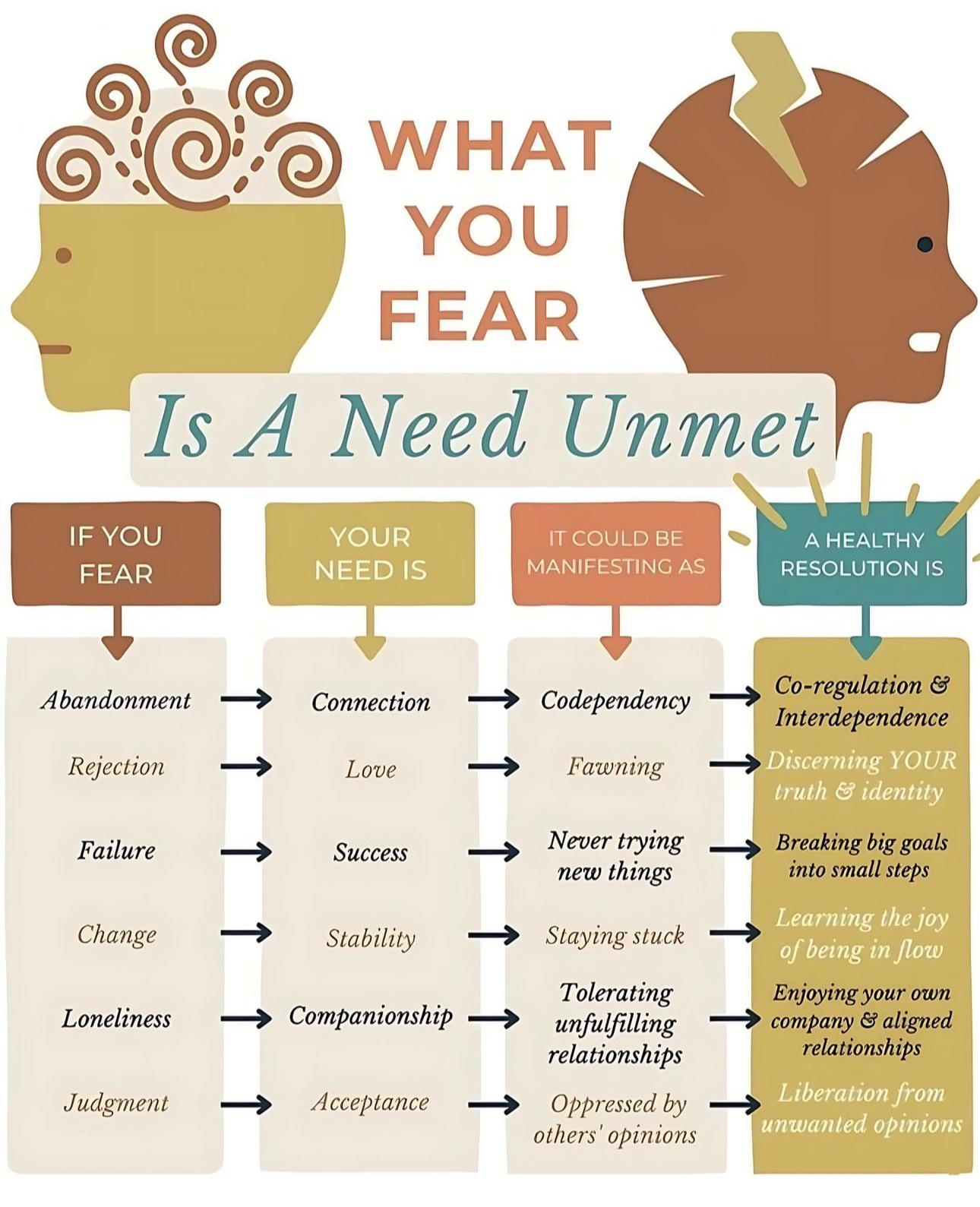I’ve slowly restarted keeping track of the links and articles I’ve been reading lately. The reading/writing/sharing workflow hasn’t really kept up with the changes in my life lately. I’ve had to remind myself that it’s okay.
Anyhoo. A bunch of delectables from this last week.
Music:
- 2 Hours of John Prine’s Greatest Hits
- Beth Hart: Your heart is as black as night 💙
- A-ha Take On Me acoustic has a different vibe
- Graham Nash NPR Tiny Desk concert
- Taylor Bloom and Benjamin Cooley cover The Boxer
Need this for my coursework: How to draw perspecive
Ed Zitron: The Generative AI Con We are in the midst of a group delusion — a consequence of an economy ruled by people that do not participate in labor of any kind outside of sending and receiving emails and going to lunches that last several hours — where the people with the money do not understand or care about human beings.
HT: Jeremy Keith 1 dataset. 100 visualisations
This NYTimes article on couple’s therapy was a hard read.
This quote that Jeremy Keith linked to:
design is deciding. The best designers are the best deciders_
From Tom Nolle’s in an article about the AI hype
perhaps more time because focusing on the wrong thing invariably leads to delays in recognizing the right one.
Baldur’s mum used to be a professional tv anchor, and he asked her for advice.
There’s a pro YouTube look. There’s a pro podcast sound. None of these represent actual professionalism. They aren’t what makes a podcast professional. They aren’t what makes a video professional. They are the trappings of professionalism – the acoustics and aesthetics of professionalism.
Chandoo’s article on converting JSON to Excel includes both the Power Query & the Python options.
Gall’s Law: A complex system that works is invariably found to have evolved from a simple system that worked. A complex system designed from scratch never works and cannot be patched up to make it work. You have to start over with a working simple system.
In Jim Nielsen’s blog post linking to Heydon Pickering’s blog, this story:
There’s a story that illustrates how you can reject binaries and invert the assumption that only two choices exist. It goes like this: A King told a condemned prisoner: “You may make one final statement. If it is true, you will be shot. If it is false, you will be hanged.” The prisoner answered, “I will be hanged.” This results in the King not being able to carry out any sentence. The prisoner manipulates the King’s logic to make both options impossible and reveal a third possible outcome.
The Story Spine spawned a multi-billion dollar empire?
Are you telling the real story? How many heroes still wait to be unearthed?
Stowe Boyd’s notes on turning notes into knowledge and how he uses Obsidian’s Web Clipper features to make this happen.

